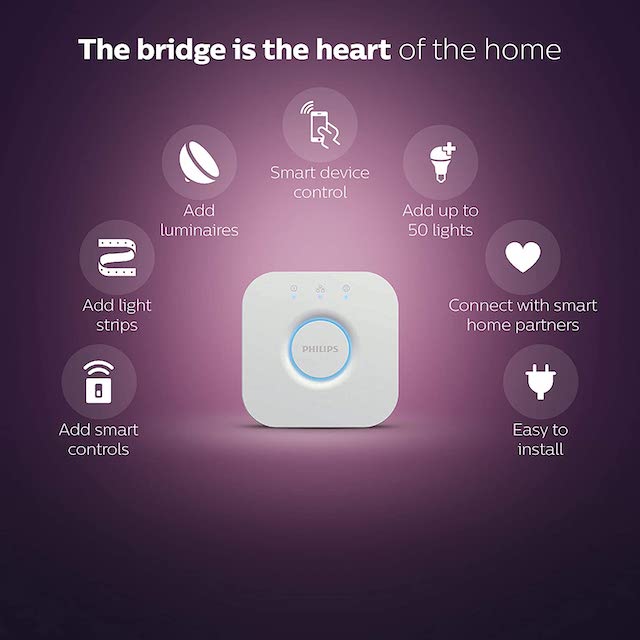Introduction
A smart home is a residence that uses automated processes to manage tasks such as heating, cooling, lighting, and security. These processes are typically controlled by a central hub, which can be operated via a mobile app or voice assistant.
The benefits of a smart home
A smart home is a residence that uses Internet-connected devices to enable the remote monitoring and management of appliances and systems, such as lighting and security.
Smart home technology can provide homeowners with increased security, energy efficiency, and convenience. For example, smart home devices such as Philips Hue lightbulbs can be controlled remotely using a smartphone app, making it easy to turn lights on and off or change the light’s color.
In addition, smart home technology can help homeowners save money by reducing energy consumption. For instance, occupancy sensors can be used to automatically turn lights off when no one is in the room, and smart thermostats can be programmed to lower the temperature when the home is unoccupied.
Additionally, it can improve your home’s security by giving you the ability to monitor and control it from anywhere in the world.
If you’re considering adding smart home technology to your residence, read on to learn about the benefits of having a smart home!
What is a Smart Home?
A smart home is a home that uses technology to automate and improve the function of the home. This can include automating tasks like turning on the lights when you walk into a room or setting the thermostat to a comfortable temperature before you arrive home from work. Smart homes can also include more complex tasks like cooking dinner, watering the plants, or even opening the garage door when you get home.
In a typical smart home, common devices like lights, locks, thermostats, and appliances can be controlled and monitored remotely with a smartphone or another internet-connected device. Some smart homes also include more advanced features like home security systems, whole-home audio and video, and energy management systems.
How to get started with a smart home
As promised, here’s your guide to getting started with a smart home. A smart home is a residence that uses internet-connected devices to automate and manage tasks, usually intending to make life easier and more efficient.
If you’re interested in building a smart home, there are a few things you need to know before you get started. In this guide, we’ll cover everything from the basics of smart home technology to the different types of devices you can use to build your own smart home. By the end of this guide, you’ll be ready to start building your own smart home!
To start you need a hub. It is the device that controls everything you use in your home. A very popular and reliable choice is buying the Philips Hue. I have had it myself for a couple of years, and it just works. It is not the cheapest solution, but it comes with a wide range of different accessories you can add. ex. light bulbs, lamps, motion detectors, surveillance cameras and a lot more.
The Philips hue also has a very user-friendly app to control and monitor your home. The app is free and makes it very easy to set up your home. Name your rooms, and add the accessories of choice.

The future of the smart home
The “smart home” is a term used to describe a residence that has been outfitted with technology that allows it to be controlled remotely. This can include everything from automated lights and security systems to thermostats and appliances.
The rapid advancement of home automation technology has led many experts to believe that the smart home is the future of residential living. It is estimated that by 2025, 70% of homes will be smart homes.
The smart home is still in its early stages, but it is rapidly evolving. In the next few years, we will see even more amazing and transformative technologies enter the market. Here are a few of the most promising smart home technologies that we can expect to see shortly.
- Augmented reality: This technology will allow users to overlay digital information onto their physical surroundings. This could be used for a variety of purposes, such as providing directions or information about objects in your home.
- Connected appliances: Appliances will continue to become more connected and “smart”. We can expect to see features such as automated restocking, energy efficiency monitoring, and more.
- Home security: Security systems will become more sophisticated and effective, thanks to advances in machine learning and other technologies.
Conclusion
A smart home can bring many benefits to the homeowner. They can include increased security, energy efficiency, and convenience. When considering if a smart home is right for you, be sure to research all the options and find the products that fit your needs. Check out my other tech articles for more information on the latest in-home technology.
So my recommendation is to start with the Philips Hue Hub, and then buy some appliances on the way. I suggest you begin with some Philips smart Bulbs.
Otherwise check out Amazon for great deals on Smart Home Here.
Remember to check out my other tech articles Here.